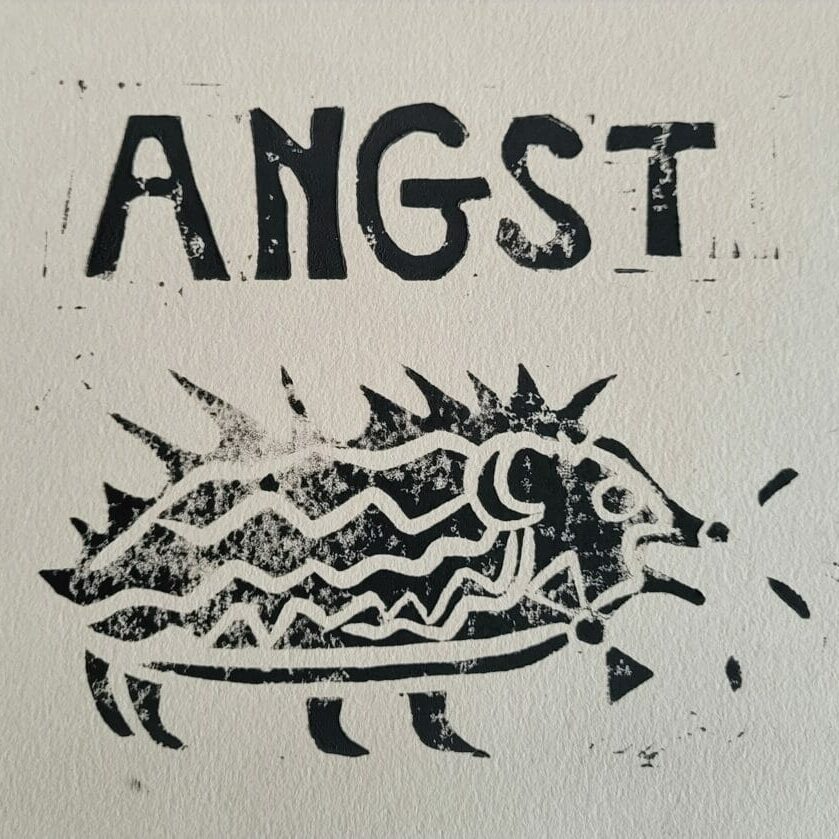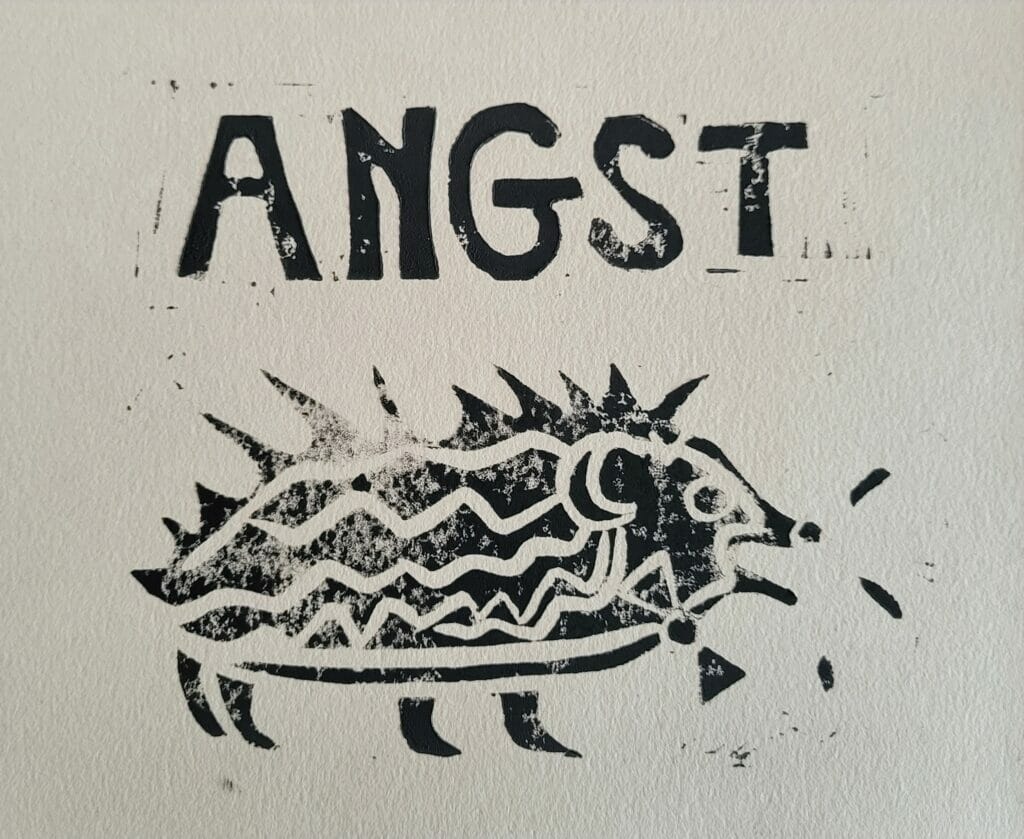
Writing for a school newspaper is hard. However, it’s not in the actual writing of it; the Dalhousie Gazette is extremely accepting of newcomers and wants more writers (If you’ve read any of my stuff, you know they’ll publish almost anything they can Frankenstein into a grammatically correct story).
The reason it’s hard is that more often than not, you’re writing about some aspect of the university experience and using some people you hang out with as sources. This makes things complicated.
A more experienced writer has a professional network, or so I’d assume. People they know to be experts in certain fields. Or they’re reporting the news, in which case readers aren’t usually their sources.
Unless you’re a very dedicated reader of a publication, you probably don’t have favourite news writers. As such, those writers remove the artist from their work. They’re still credited as the authors, but in the ocean of media we find ourselves drowning in these days, there’s always another book, podcast or article to read.
In other words, you can only get to know individual news writers on an incomplete level (and that’s to say nothing of the version of themselves they don’t put to print).
The real Joe
For me and other Gazette contributors I’m sure, there’s a limited body of work to digest. A reasonably fast reader could read my entire body of published work in an afternoon, including the stuff I’ve published with The Link, Concordia University’s student magazine.
What somebody with good inference skills will notice is a) I’m a pretty open book, b) I’ve struggled in university (transferred from Dalhousie University to Concordia and now back to Dal) and c) I frequently get myself into trouble.
When I’m an idiot and it only affects me, that’s fine. That’s just growing pains. The sun will come out tomorrow. The hard part is when I write about my sources — sometimes my friends — and hurt their feelings.
I love my friends. I love hearing about what people really think and love. When I fail to pay proper respect to their intentions or offend them in the course of my writing or questions, I feel terrible for betraying their trust. I also know that word will inevitably spread.
Dal is a big school, but it’s not so big that it’s easy to completely disappear. We’re tied together in different ways. It’s not like playing on a sports team. You can transfer hockey teams, but if you build a reputation at your school, I can tell you first-hand that it’s hard to escape.

Heroes and truth-telling
Never meet your heroes, especially essayists.
I say this pointing at David Sedaris, a writer for the New Yorker and a bunch of other publications. I’ve never met him in person but because of the way he writes, specifically in his book The Best Of Me, I feel like I have.
The thing about Sedaris’s writing is that he’s what I would call a tortured artist. He struggles with obsessive-compulsive disorder and plain old bad character traits. The reason I adore him is that he reminds me that even a world-famous writer has weaknesses.
I struggle to resist the urge to exaggerate stories and express the true version of myself (one could call it lying, but I call it telling a good story).
I wouldn’t say I have a drinking problem but instead a weakness for rye and ginger that has gotten me into trouble.
If by some miracle, somebody reads this piece and meets me in a class — or a professor reads it and recognizes me — I hope they decide to ask me about it, instead of second-guessing what I’m saying. I optimistically hope they’ll ask me to tell them a story.
Back to the school paper
What does that whole woe-is-me paragraph and the one before it about Mr. Sedaris have to do with writing for a school newspaper? Mr. Sedaris knows he’ll never be close enough with the vast majority of readers for their judgment to have any impact on his life.
I am.
I can tell you that right now I’m pretty sure I’ve lost a really cool friend because I failed to pay her proper respect in my writing. A good detective could easily deduce which article put the nail in the coffin.
I use the Gazette as a bit of a diary. I don’t mind baring my heart because I never really struggled too much with the Shame Wizard (a character from the television show Big Mouth who appears to instill shame in others). Hardly any students I know read this and I get paid for the odd 800-word article or collection of poems I submit each month (and you could too!).
I could keep these writings to myself. But between you, my mom, my editors and I, I desperately want somebody to say something about my writing other than, “Oh yeah, it was good, I really liked it.”
Of course, I want people to enjoy my writing, but what I really want is for my writing to make people curious. To remind them that much like Mr. Sedaris, we’re all a little broken. And usually, the most fascinating stories you’ll hear are the ones that embarrassed us to tell.
We’re only on this planet for the blink of an eye. Friends leave, families die or become estranged, and lovers come and go. You’ll find new family and friends.
But, you’ll always be stuck with yourself, no matter how many times you mess up.






